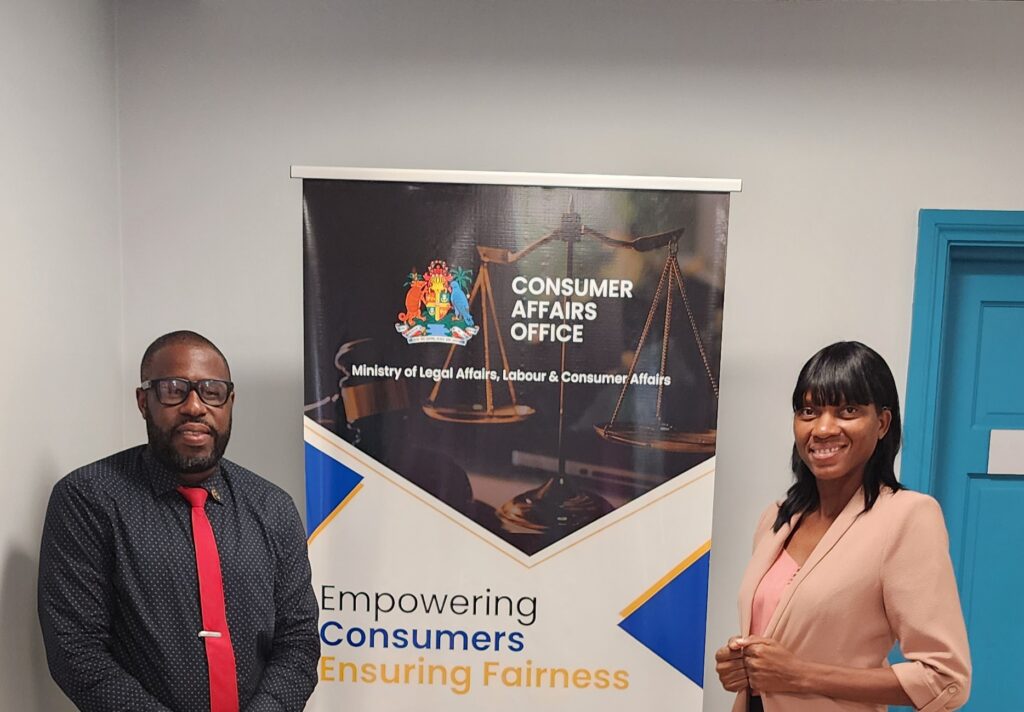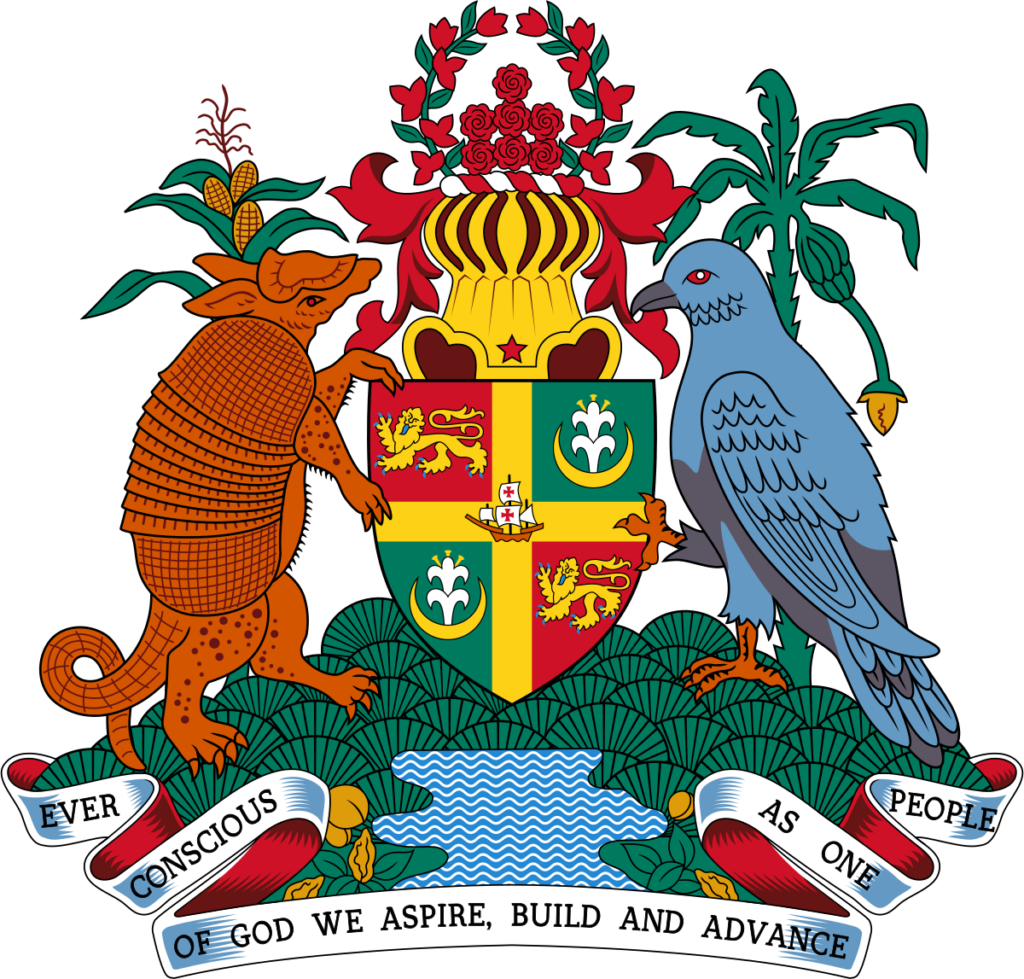Historical Background
In recognition of the need for greater consumer protection and safety, Government in 1991 approved the restructuring of the Price Control Unit to become the Prices and Consumer Affairs Unit. Since then that Unit has been involved in receiving consumer complaints.
However, the absence of consumer protection legislation, created a major challenge for the officers to effectively perform their duties. Moral suasion was used to provide redress to consumers who have been aggrieved in one way or another by certain business transactions with suppliers. However, over time it became increasingly difficult to effectively handle consumer complaints.
The Revised Treaty of Chaguaramas, Chapter 8 Part 2, Articles 184 to 186 mandate, CSME member states to take appropriate action to ensure the protection of consumers and the promotion of their welfare including the enactment of consumer protection legislation and the establishment of relevant regulatory institutions.
In response to the mandate that member States enact harmonized legislation, CARICOM developed model protection legislation which was approved by the Legal Affairs Committee for implementation by member states. The Bill was adopted by the OECS Commission and presented to member Governments. Grenada subsequently adapted the act and passed it in 2018.
In July 2023 the Consumer Affairs function was separated from that of Trade and Industry and aligned to the portfolios of Legal Affairs and Labor. Thus, becoming a functional Division within that Ministerial construct.
Our Mission
To protect and advocate for consumer rights through regulatory enforcement, education and stakeholder collaboration to enhance consumer well-being, safety and satisfaction.
Our Vision
Empowered Consumers within a fair, safe and competitive marketplace.
Mandate
In keeping with the provisions of the Consumer Protection Act, the Consumer Affairs Office has a legislative mandate to protect, promote and advance the social and economic interests and welfare of consumers in Grenada through Consumer-:
-
Education
-
Empowerment
-
Protection
-
Dispute Resolution


Values
-
Client-focused
-
Integrity
-
Fairness
-
Results Oriented
-
Excellence
What we do
The Consumer Affairs Office holds the responsibility of scrutinizing consumer grievances, a fundamental service it offers to the public. Additionally, it provides various other services such as:
- Organizing lectures and facilitating outreach programs.
- Accepting consumer complaints through multiple channels, including email, telephone, walk-in visits, and referrals from regulatory entities. If necessary, complaints received by the Consumer Affairs Office are forwarded to the appropriate regulatory agencies.
- Thoroughly investigating and effectively resolving consumer complaints.
- Offering guidance and dispute resolution services to consumers.
- Conducting inspections of business establishments.
- Disseminating updates and information to consumers.

Who can access our services?
Our services are accessible to the following groups:
- Any individual from the general public who is dissatisfied with a product or service and is looking for assistance or guidance in resolving their concerns.
- Any person or organization seeking consumer-related information or having an interest in such matters.
- Suppliers in need of guidance and assistance related to complaints lodged against them.
Major Consumer Affairs Functions
Education
The Consumer Affairs Office helps consumers make wise purchasing decisions by informing them about the laws that exists that protects them, explaining what they should know about a business, and letting them know what their responsibilities are to protect themselves.
Knowledgeable consumers discourage the activities of unlicensed, negligent, or unethical practitioners and encourage licensees to be more competitive (i.e. to raise the quality of their goods and services and/or lower their prices)
Provide Information on regularisation/business certification
Provides information on businesses who are licensed to ply their trade/business.
Enforcement
The enforcement of consumer laws is one of the Consumer Affairs Offices’ primary responsibilities. The Office’s enforcement staff works with the Office of the Attorney General to reduce fraud in the marketplace. Resulting disciplinary actions may include temporary restraining orders; interim suspension orders; and license probations, suspensions, or revocations. The Office also has the authority to assess fines and issue Citations, Notices, Letters of Reprimand, and Cease and Desist orders. In less severe cases, enforcement staff works with licensees to eliminate or prevent performance problems.

Get in Touch with Us Today
Get in touch with us today to safeguard your consumer rights and resolve any issues promptly.
